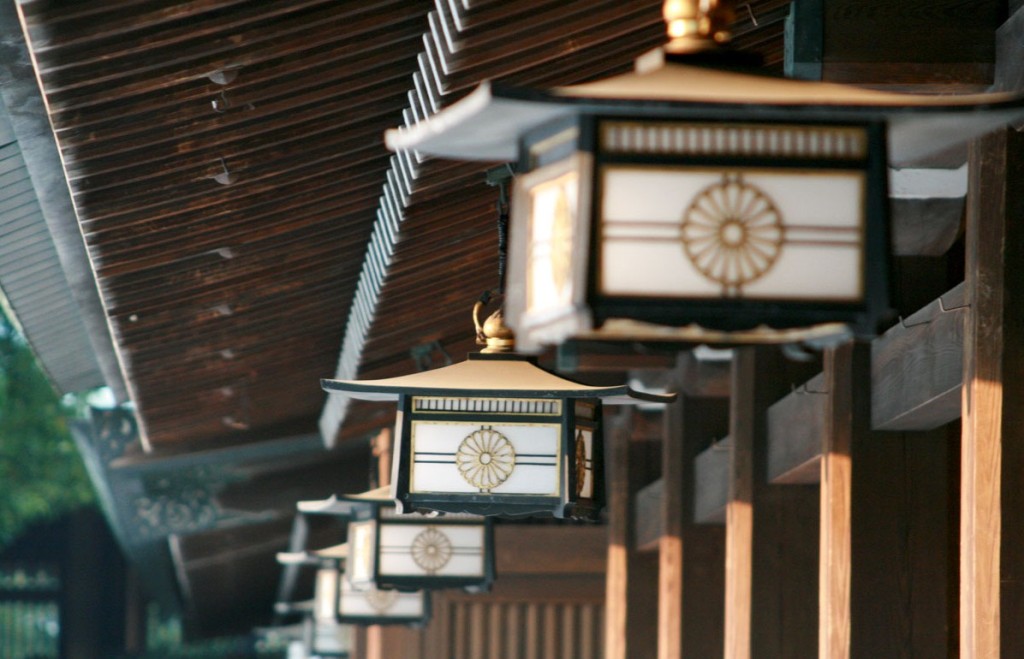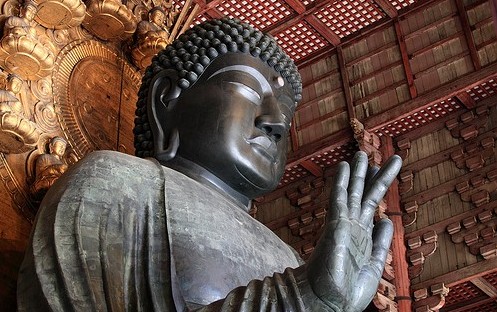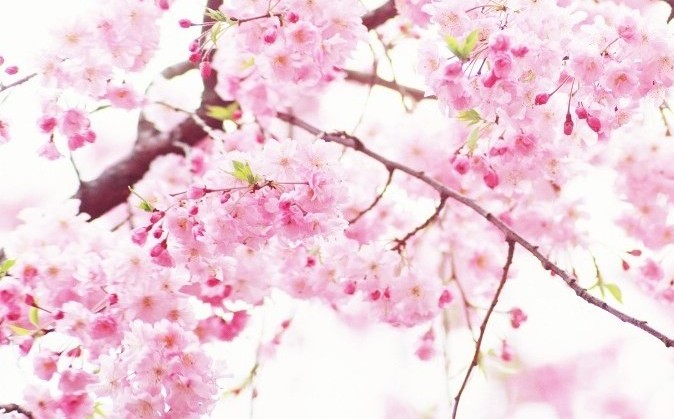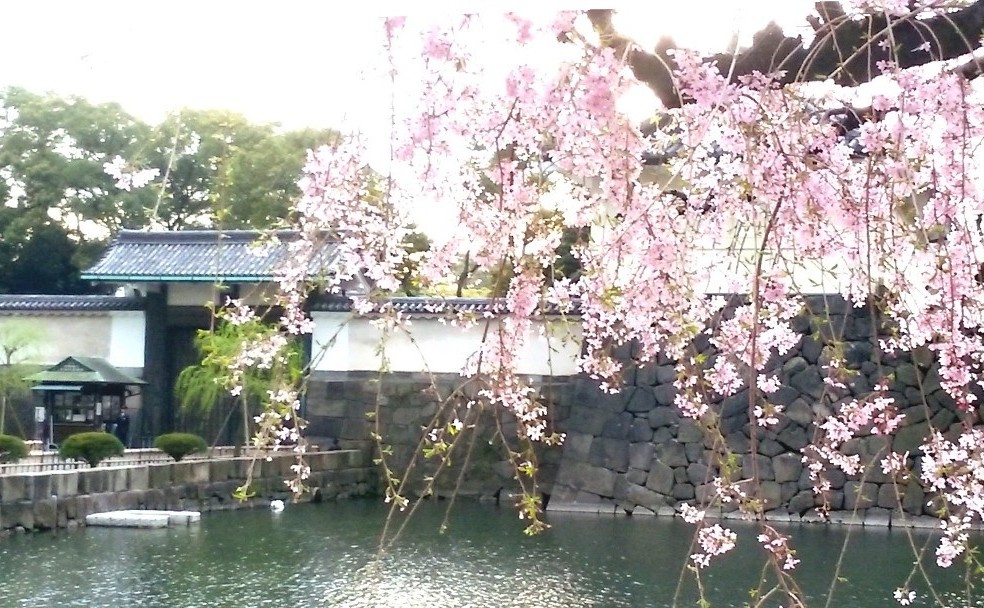" OMOTENASHI "
As many of the Japanese people do in this case, in the New Year, they visit shrines to pray for happiness and ahealthy year, as Hatsumode. In spring and autumn, they will participate in some festivals of shrine or temple in their neighborhood. And people go temples when they visit their ancestor's grave, such as Bon vacation. In December, many people celebrate Christmas, and get ready to welcome the New Year as a shintoist.
At first glance, it might seem to bullshit, that's because Shintoism and Buddhism are treated as a kind of daily customs rather than religion.
From ancient times, Japanese people felt awe and gratitude towards such kami and dedicated shrines to many of them.
In Shintoism, there are unlimited numbers of kami. One is the nature kami, people believe and worship deities residing everywhere in nature. The other is the kami, or gods from ancestors'souls, people believe that spirits of the deceased remain eternally on earth and guard their descendants. This is a faith with awe towards something beyond man's power.
And more, Shinto, the indigenous religion in Japan, is tolerant for new religions. In Japanese history, when buddhism was introduced to Japan through China and Korea in the 6th century, people accepted the co-existence of Shinto shrines and Buddhist temples. This is the beginning of the syncretization of Shinto with Buddhism. - 神仏習合 - This is the reason for there are shrine and temple on the same site today.
At the foundation of Japanese peoples' religious view, exist Japanese peoples'gratitude for everyone, including their ancestors. Japanese people will admit even the enemies, honor them, and try to co-exist with eveyone. This is the starting point of Japanese style hospitality. - OMOTENASHI - Here is the origin of the Japanese.
This is the fundamentally difference from the Hospitalitas of ancient Roman Empire, one of the etymology of the hospitality.
It does not change even now.















